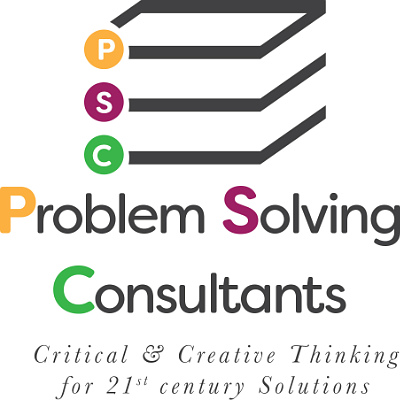Have you ever had to work with someone who was a charter member of the Office Jerk Hall of Fame? Did you go home at the end of the day, gnashing your teeth, pulling your hair out or thinking dark thoughts? I think it’s an unfortunate fact of professional life that we all, at some point in our career, will have to deal with a complete and total jerk. As much as you’d like to tell that jerk off you really can’t, especially if you’re the boss. And if that jerk happens to be Aunt Nellie’s favorite nephew, is it worth committing professional suicide to call him every name in the book just before you fire him?
Jerks come in a variety of forms and no listing here will ever be complete. So let’s look at one type. How many of us have gone to a staff or management meeting hoping to get something constructive done only to have the office jerk take control of the meeting? The agenda goes out the window and beating a dead horse becomes the only accomplishment of the meeting. You can see that your other staff or managers are frustrated, bored and looking for any excuse to leave. Today’s meeting is going the same route as the last two. What to do?
It’s time to become creative. Robert Detman, writing for Yahoo! HotJobs suggests that if it’s possible, have a meeting where everyone is standing. This change will likely throw the jerk off his/her game and stop the unproductive dominance. Good idea for a small informal group meeting but what if it’s a large gathering for an all day training? Any thoughts? What’s worked for you?
